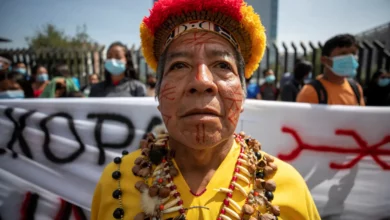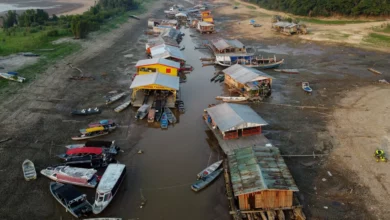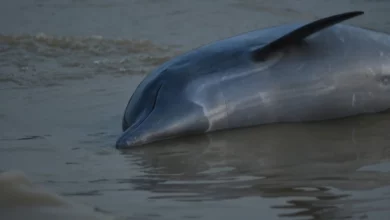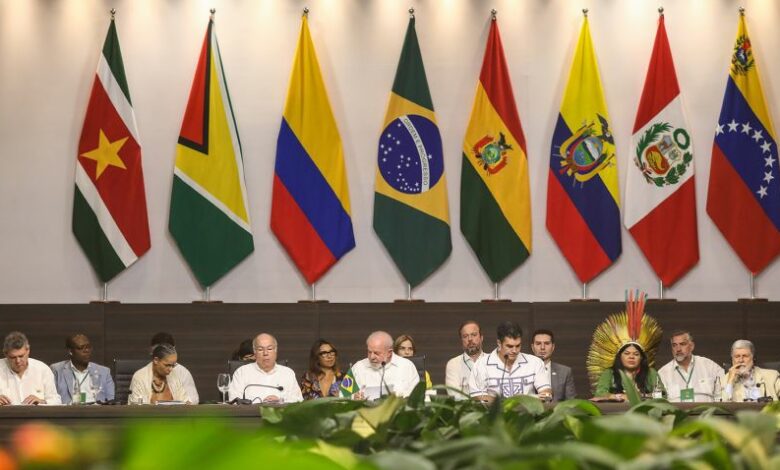
It was the first time in more than a decade that member states of the Amazon Cooperation Treaty Organization (ACTO) had met, with the aim of establishing definite goals to avoid a point of no return for the vital rainforest.
Brazilian President Luiz Inacio Lula da Silva has been advocating for a common regional policy to end deforestation by 2030, promising his country will reach zero deforestation.
Deforestation in the Brazilian Amazon increased rapidly under Lula da Silva’s predecessor, Jair Bolsonaro, and some scientists have warned the rainforest may be approaching a critical tipping point that could see it transformed into a grassy savannah, with huge implications for biodiversity and the climate crisis.
“We haven’t met in 14 years. This is the first time that we meet here in [the state of] Pará, and the first time in the context of a severe worsening of the climate crisis,” Lula da Silva said during his opening remarks Tuesday in the Brazilian city of Belém.
“It has never been so urgent to resume and to expand on this cooperation. The challenges of our era and the opportunities that are before us demand joint action.”
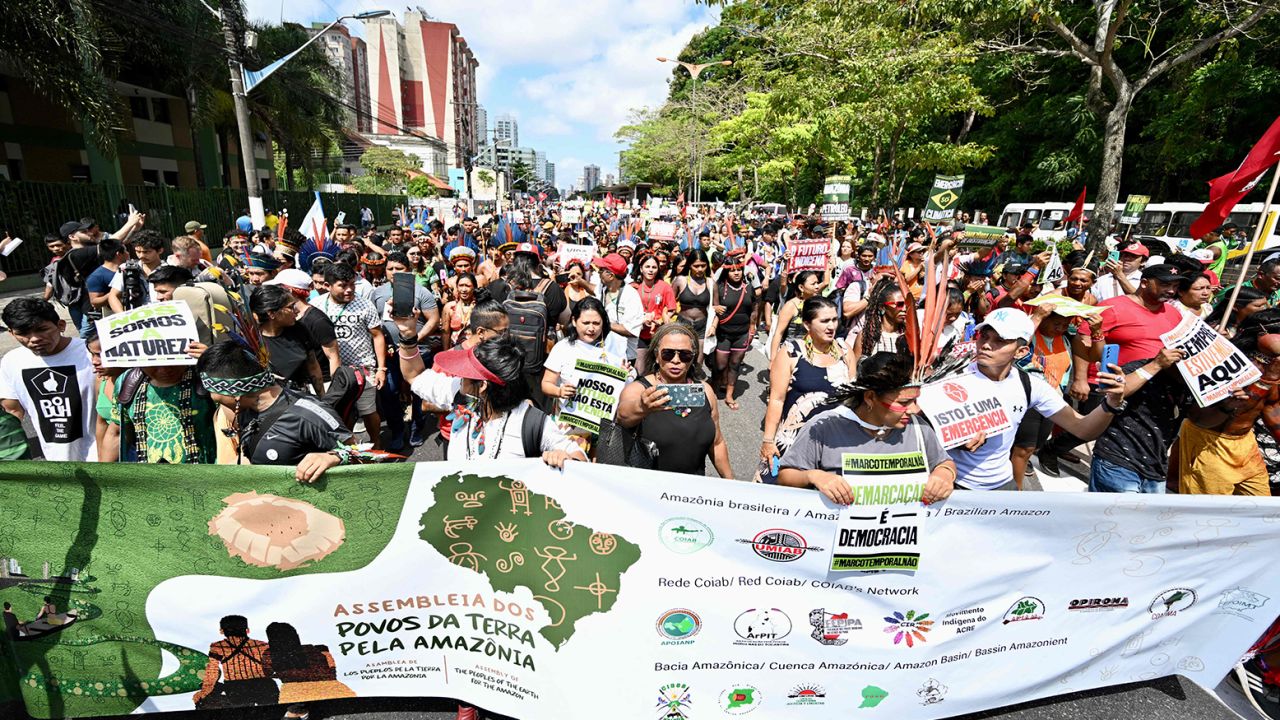
The Brazilian President and heads of state from Colombia, Peru and Bolivia, along with top officials from Ecuador, Venezuela, Guyana and Suriname, did sign a list of environmental efforts, called the Declaration of Belém, to “advance in a new common agenda in the Amazon.”
The 113-point agenda of cooperation included creating an association called the Amazon Alliance to Fight Deforestation among States Parties, “aiming at stopping the Amazon region from reaching the point of no return,” according to a Brazilian government news release.
The alliance would also promote the “compliance of national goals, including the ones related to zero deforestation through the elimination of illegal logging, by strengthening the implementation of forest legislation,” the release said.
However, the failure to agree on a common policy to end deforestation in the Amazon is concerning, as the fate of the rainforest is critical to the health of the planet.
It is home to a unique array of animal and plant life, and is crucial to maintaining a global climate balance because it stores a huge amount of carbon and strongly influences global weather patterns.
According to CNN affiliate CNN Brasil, Guyana, Suriname and Bolivia left the meeting refusing to agree on a goal.
Data from Brazil’s National Institute for Space Research show the rate of deforestation under Bolsonaro’s presidency climbed by more than 70 percent from 2018 to 2021.
Scientists say about three-quarters of the rainforest is showing signs of “resilience loss” – a reduced ability to recover from disturbances like drought, logging and fires.
And already the Amazon is emitting more carbon dioxide than it absorbs in some locations, a shift that could have an enormously negative impact on planet heating trends. If the Amazon is not protected, it will also be much harder to limit global warming to 1.5 degrees Celsius above pre-industrial levels.
On Monday, Colombia backed an indigenous-led global pact to protect 80 percent of the Amazon by 2025.
Colombian Environment Minister Susana Muhamad called on all eight ACTO state members to join the “Amazonia for Life 80 percent by 2025” initiative “so that we find a common purpose.”
Preliminary data from Brazil’s National Institute for Space Research released last week shows deforestation in the Brazilian Amazon fell by 66 percent last month compared to July 2022 and is now at its lowest rate in six years – promising news at a time when the rainforest remains critically vulnerable.

